Search Images
Browse Content (p. 1069)
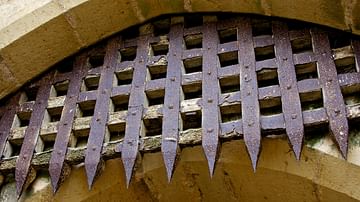
Image
Portcullis, Bodiam Castle
The wood and iron portcullis of Bodiam Castle, East Sussex, England. 14th century CE.
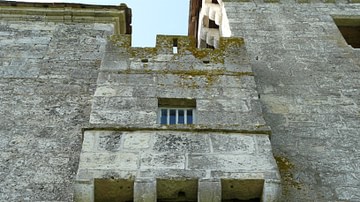
Image
Medieval Castle Latrine
A latrine, typical of those built into medieval castle walls. 12-14th century CE. Château de Gageac, Gageac-et-Rouillac, Dordogne, France.
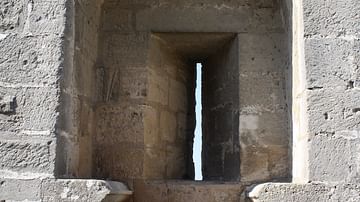
Image
Embrasure, Aigues-Mortes
An embrasure window, Aigues-Mortes, France. 13th century CE.
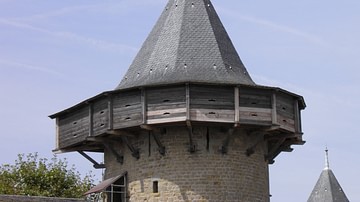
Image
Hoardings, Carcassonne
Hoardings - wooden additions to a medieval tower or wall to protect defenders and give a better line of fire towards the wall below. 13-14th century CE. Carcassonne, Aude, France.
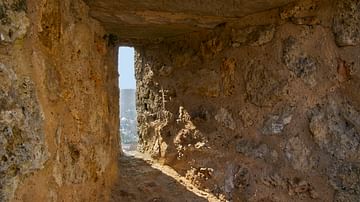
Image
Arrow Loop
An arrow loop, a narrow window in a medieval castle for an archer to fire through and remain relatively protected from attacking fire. 12th century CE. Château de la Madeleine, Chevreuse, Yvelines, France.
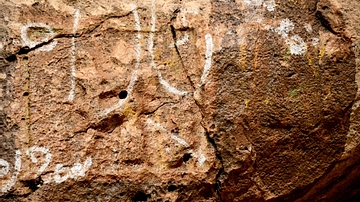
Image
Darband-i Basara Rock Relief
This rock relief lies within Darband-i Basara, which transects the upper part of Qaradagh Mountain Ridge. The rock relief is composed of two separate scenes. The main scene is within the sunken square area and a minor scene was carved on...
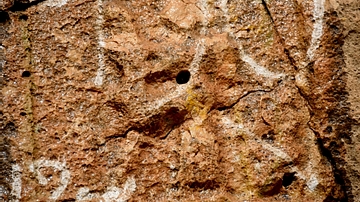
Image
The Lulubian Rock Relief of Darband-i Basara
This rock relief lies within Darband-i Basara, which transects the upper part of Qaradagh Mountain Ridge. The rock relief is composed of two separate scenes. This is the main scene and it lies within the sunken square area. The relief is...
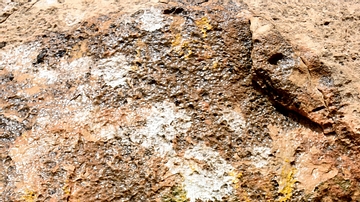
Image
Darband-i Basara Rock Relief
This rock relief lies within Darband-i Basara, which transects the upper part of Qaradagh Mountain Ridge. The rock relief is composed of two separate scenes. The main scene is within a sunken square area (not shown) while this is the smaller...
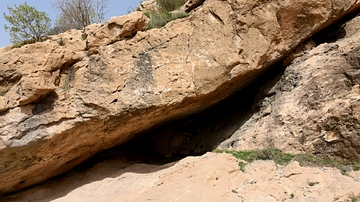
Image
Darband-i Basara Rock Relief
This rock relief lies within Darband-i Basara, which transects the upper part of Qaradagh Mountain Ridge. The rock relief is composed of two separate scenes, which can be seen at the center of the image, on the face of the rock. It is the...
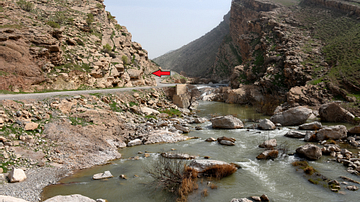
Image
Darband-i Basara and its Rock Relief
This is Darband-i Basara (or Basara Gorge). The gorge transects the anticlines of the upper part of Qaradagh Mountain Ridge. The paved road leads to Delezha Village. The image was shot from the western part of the outlet. The tip of the red...